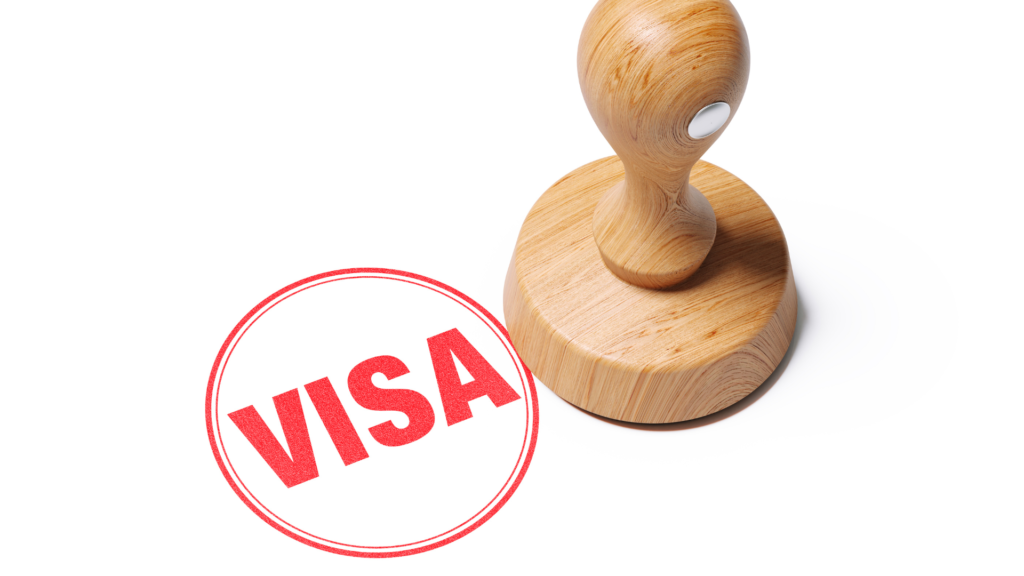Introduction
A notary public power of attorney is one of the most crucial legal documents that individuals and businesses rely on when they need to grant authority to another person for handling important matters. Whether it is for financial transactions, property management, business operations, or legal representation, a power of attorney notarized by a notary public ensures that the document is legally valid, authentic, and enforceable. In many jurisdictions, including the UAE and other international legal systems, notarization is not just recommended but mandatory for a power of attorney to be recognized by courts, government departments, and private institutions.
The notary public power of attorney serves as an official confirmation that the parties involved have consented voluntarily and that the document has been executed in accordance with legal requirements. This makes it an indispensable tool for expatriates, business owners, and families who require trusted representation in legal or financial matters without being physically present.
Understanding the Role of a Notary Public
The role of a notary public in power of attorney creation goes beyond simply stamping a paper. The notary ensures that the person granting the power, known as the principal, fully understands the contents of the document, the scope of authority being granted, and the consequences of the delegation. This is especially important because a power of attorney gives another individual, referred to as the agent or attorney-in-fact, the legal authority to act on the principal’s behalf.
Without the oversight of a notary, there could be risks of fraud, misrepresentation, or disputes over the validity of the document. A notary public power of attorney thus guarantees a higher level of trust and transparency. The notary verifies the identity of the principal through valid identification documents, witnesses the signing of the document, and confirms that the principal is of sound mind and not under any form of coercion. These measures protect both parties and establish a legally binding agreement that is difficult to challenge.
Types of Notary Public Power of Attorney
A notary public power of attorney can take many forms depending on the needs of the individual or business. The most common type is the general power of attorney, which grants broad authority to the agent to handle multiple matters on behalf of the principal. This could include managing bank accounts, buying or selling property, and overseeing business transactions.
On the other hand, a special or limited power of attorney is narrower in scope and allows the agent to act only for specific purposes, such as signing a property transfer document or representing the principal in a legal proceeding. There are also enduring or lasting powers of attorney, which remain valid even if the principal becomes incapacitated, and temporary powers of attorney, which are valid only for a limited time frame. Each of these variations requires notarization to ensure that the document is legally enforceable, and the notary’s role in confirming the authenticity of the document provides an added layer of security.

Importance of Notarization in Power of Attorney Documents
Notarization is not a mere formality but a legal necessity for power of attorney documents. Many institutions, such as banks, government offices, and property registries, will not accept a power of attorney unless it has been notarized by a licensed notary public. This is because notarization eliminates doubts regarding authenticity and prevents potential disputes about the validity of the document. In cases involving international use, a notary public power of attorney may also need to be legalized or apostilled depending on the destination country.
This ensures that the document is recognized across borders, which is particularly important for expatriates who need to manage assets in their home country while residing abroad. By notarizing a power of attorney, individuals and businesses safeguard themselves against forgery and misrepresentation while ensuring that their rights and interests are protected in legal and financial matters
Legal and Practical Applications of Notary Public
The applications of a notary public power of attorney are wide-ranging and deeply practical. For instance, an expatriate living abroad can grant a power of attorney to a trusted family member or lawyer to manage property transactions in their home country. Business owners may issue a power of attorney to company directors or managers to represent the business in legal proceedings, sign contracts, or handle financial dealings. In family matters, a power of attorney can be used to authorize someone to act on behalf of an elderly relative or to handle personal affairs during prolonged absences.
In every case, notarization provides assurance that the authority being granted is legally recognized and enforceable. The presence of a notary public also acts as a safeguard against misuse since the document becomes part of an official legal record that can be verified at any time
Advantages of Using a Notary Public
Using a notary public for power of attorney offers multiple advantages that go beyond compliance with legal formalities. Firstly, it provides credibility to the document, ensuring that third parties such as banks and courts will accept it without hesitation. Secondly, the involvement of a notary reduces the risk of fraudulent activity since the notary verifies the identity and willingness of the principal. Thirdly, notarization provides legal certainty, which can be crucial in situations where disputes arise over the scope or validity of the power of attorney.
Additionally, having a notary public power of attorney ensures that the document can be used across different jurisdictions when combined with legalization or apostille procedures. This makes it especially useful for expatriates and multinational businesses. Furthermore, notarized documents are stored in official records, meaning they can be retrieved if the original copy is ever lost, adding yet another layer of security.
Process of Obtaining a Notary Public Power of Attorney
The process of obtaining a notary public power of attorney typically begins with drafting the document according to the principal’s specific needs. It is important to clearly outline the powers being granted, the duration of the authority, and the identity of the agent. Once the draft is ready, the principal must appear before a licensed notary public with valid identification.
The notary will review the document, ensure that the principal understands the contents, and verify that the decision is being made voluntarily. After this verification, the notary witnesses the signing of the document and affixes the official seal and signature, making it legally binding. Depending on the jurisdiction, additional steps such as translation, legalization, or apostille may be required, especially if the document is to be used internationally. The entire process ensures that the power of attorney is not only valid but also protected against challenges.

Risks of Non-Notarized Power of Attorney
Relying on a power of attorney that is not notarized carries significant risks. Without notarization, the authenticity of the document can easily be questioned, which may lead to legal disputes, delays, or outright rejection by authorities and financial institutions. A non-notarized power of attorney is particularly vulnerable to fraud, as there is no official verification of the principal’s identity or consent.
In some jurisdictions, such documents have no legal effect at all, meaning they cannot be used for property transfers, court representation, or financial transactions. Even in places where they might be technically valid, most organizations prefer or require notarization to avoid risks. Therefore, anyone who relies on a power of attorney should ensure that it is notarized by a recognized authority to avoid complications and ensure smooth execution of their affairs.
Conclusion
A notary public power of attorney is far more than a simple legal document; it is a safeguard for your rights, assets, and decisions. By ensuring proper notarization, you eliminate the risks of invalidity, fraud, and rejection, while gaining legal recognition both locally and internationally. Whether you need a general power of attorney, a special authorization, or an enduring arrangement, our expert notary public services guarantee precision, compliance, and efficiency at every stage.
We understand the importance of trust and reliability when it comes to delegating authority, and our team is committed to providing seamless assistance for individuals, families, and businesses. If you are planning to prepare or notarize your power of attorney, we recommend reaching out to us today. Contact us to benefit from our professional notary public services and ensure your power of attorney is legally valid, secure, and fully recognized.


